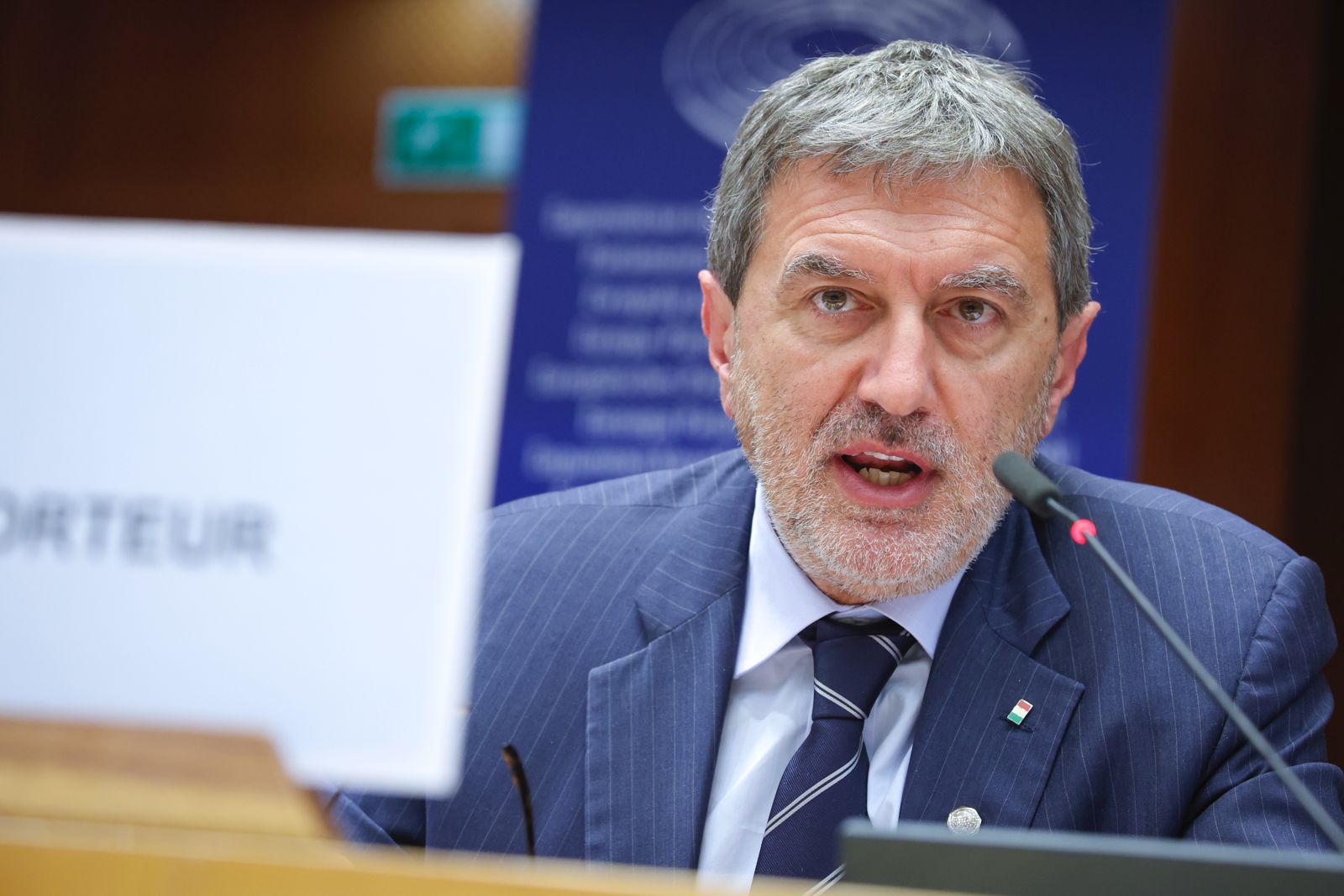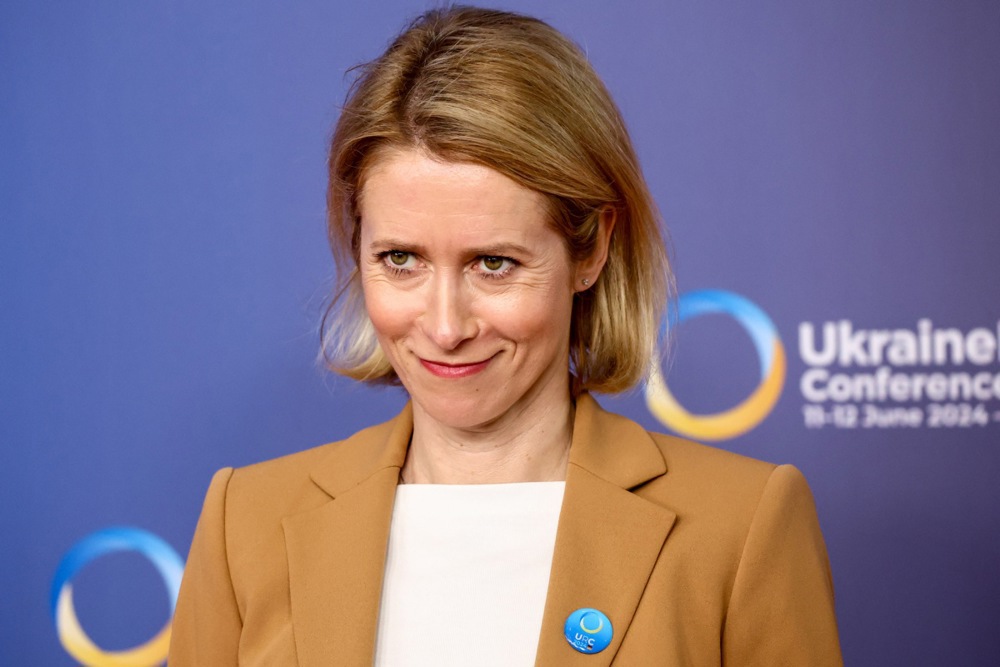Local governments across the European Union are on the warpath amid attempts by Brussels to further centralise its control over cities and regions in the EU.
Plans leaked to the Brussels media over the last week (October 7-11) indicated that the European Commission is planning to centralise a budget of €1.2 trillion for the period 2028-2034 by merging 530 national programmes into a single fund.
The move has been criticised by more than 130 regional authorities, who view the leaked scheme as a “power grab” that would take management away from local governments and undermine their autonomy.
In addition, to access these resources, countries would have to implement reforms in areas such as gender equality and organic agriculture as demanded by the European Commission.
Speaking to Brussels Signal, commission insiders appeared less concerned about the hostile response, and more worried about how the plan was leaked to the media in the first place.
Such fears were compounded by the fact that commissioner hearings in the European Parliament are set to be held next month, with it being theoretically possible that parliamentarians could reject the appointment of one or more of Brussels’ anointed few.
“The key here is to find out who leaked the plan and why before the commission hearings,” one unnamed European official said.
Ursula von der Leyen, the newly re-elected President of the European Commission, selects candidate commissioners from each European Union country. They undergo confirmation hearings in the European Parliament to assess their independence, competence and commitment to Europe.
Prior to those hearings, the commission’s legal affairs committee checks for conflicts of interest. The candidates’ CVs and responses to questions are published online.
After the hearings, evaluations are prepared and unsuccessful candidates may be replaced. The final evaluation is presented to the parliament’s Conference of Committee Chairs and Presidents for a decision.
“Leaking a radical change in European funding for the next seven years before the new Commission is formed is clearly in the interest of influencing the approval of the candidates,” the official told Brussels Signal.
The total EU budget for the 2021-2027 period was approximately €1.8 trillion. The proposal of €1.2 trillion for 2028-2034 represented a considerable decrease, raising concerns about the EU’s ability to meet its targets in the future.
The distribution of these funds reflects significant disparities between regions. Less developed regions can receive up to 80 per cent of funding for public projects, while richer countries have access to fewer resources.
This inequality creates tensions and highlights what is seen as the need for a more equitable approach to the allocation of funds, something which the Committee of the Regions has been calling for.
Vasco Alves Cordeiro, Committee of the Regions President, warned that the new plan could jeopardise the European project by weakening the role of the regions in decision-making.

“Cuts in regional funding will limit local governments’ ability to respond to critical challenges such as climate change and immigration,” Cordeiro said.
These limitations have concerned European mayors who argued that centralisation would undermine their ability to manage resources and address local problems.
Local leaders urged the commission to adopt a more decentralised approach to ensure that decisions on the use of funds were taken closer to the affected communities.
The proposed centralisation raises a crucial debate on the future of governance in the European Union and its implications for regional cohesion and the continent’s development.
Members of the European Committee of the Regions have called on the European Commission to review its 2025 climate targets, warning that these goals are currently “impossible to achieve”. https://t.co/VT5KeunK1d
— Brussels Signal (@brusselssignal) October 10, 2024





